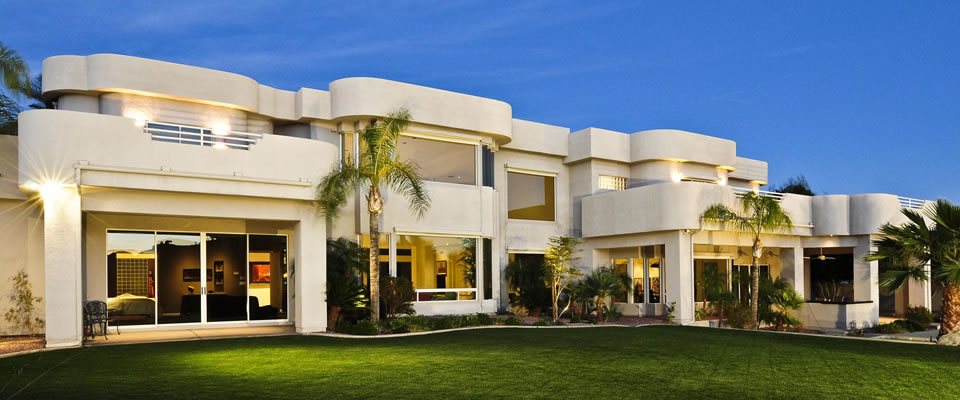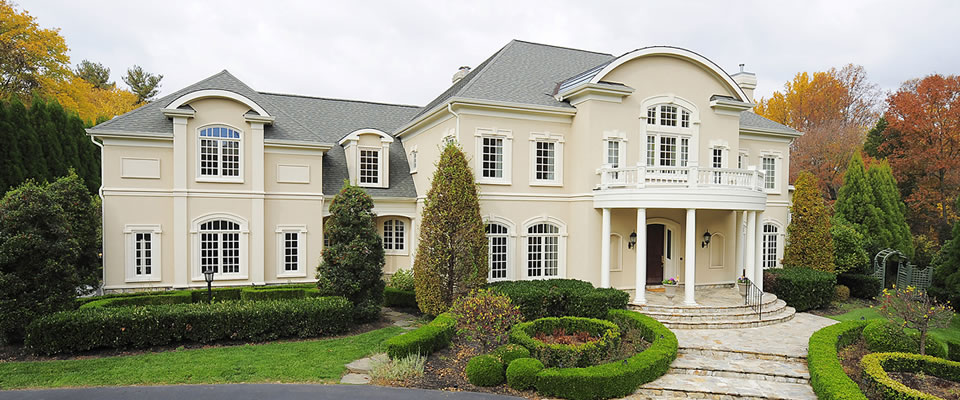More young money enters the real estate market.
A new survey by Coldwell Banker Previews International and the Luxury Institute finds that Wealthy younger buyers are driving the luxury real estate market, and they are willing to pay more than similar wealthy buyers age 55 and older. According to the survey of Americans age 21 or older with a minimum gross annual household income of $250,000, 43 percent of younger wealthy consumers are considering the purchase of residential property in the next 12 months, compared to 21 percent of those age 55 and older. On average these younger wealthy consumers spent more than $2.1 million on their most recent purchase of residential property, approximately twice the average amount spent by older and similarly wealthy luxury buyers, which was $1.1 million.
“This trend towards younger luxury buyers is leading a change in desired home amenities,” said Betty Graham, president, Coldwell Banker Previews International NRT. “Whether these younger buyers have young families or are single without children, they are looking for homes that fit their active and unique lifestyle.”
So what are they buying? The survey found:
- Younger buyers are significantly more likely than wealthy buyers age 55 and older to want homes with amenities such as a pool, outdoor kitchen, home gym, home theater, wine cellar and four or more garages.
- Wealthy consumers under age 55 are more than twice as likely (23 percent) to value Green or LEED certified residential properties than their older counterparts (11 percent).
- Open floor plans and a fully automated and “wired” home environment are the top features wealthy consumers, regardless of age, say have become important to them in the last three years. Less importance is placed on staff quarters, tennis/sports courts and
- separate catering kitchens.
“Luxury homes are for more than successful and retired empty nesters,” said Milton Pedraza, CEO of the Luxury Institute. “Today’s luxury buyer is both dynamic and diverse, and it’s reflected in the homes and products they’re buying.”
- They may jet set internationally, but they are buying in the U.S. Only 6 percent of wealthy homeowners surveyed own residential property located outside the United States.
- For majority of luxury buyers, location is the most important factor when considering the purchase of residential property.
- Seventy (70) percent of wealthy consumers identified location as the most important factor in their last residential purchase.
- Other elements included the condition of the property — brand new with no work required, as opposed to needing major renovations (10 percent), price (8 percent), home amenities (6 percent) and view (6 percent). The most commonly cited reason for wealthy consumers not considering the purchase of a residential property was the desire to keep assets liquid (24 percent).
- However, nearly one in four have the freedom to choose a property anywhere.
- Overall, 22 percent of wealthy consumers, and 24 percent of wealthy consumers with a net worth of $2 million and greater, have more freedom to choose a residence that truly fits their lifestyle and will not limit their search based on location.
- The wealthier they are, the more they spend on real estate (by far).
- On average, wealthy consumers with a gross annual household income of at least $400,000 spent 225 percent more on their most recently purchased residential property than those with incomes between $250,000 and $399,999 ($2.58 million vs. $792,000).
- Interest rates matter, even for the wealthy.
- More than one in three (39 percent) wealthy consumers listed low interest rates as a reason for considering a residential real estate purchase, making it the most commonly cited motivation among wealthy consumers. Other frequently listed motivations were the desire to own a property in a specific location (35 percent), viewing the purchase of residential property as a good investment (32 percent) and the desire to own another residence (31 percent).



